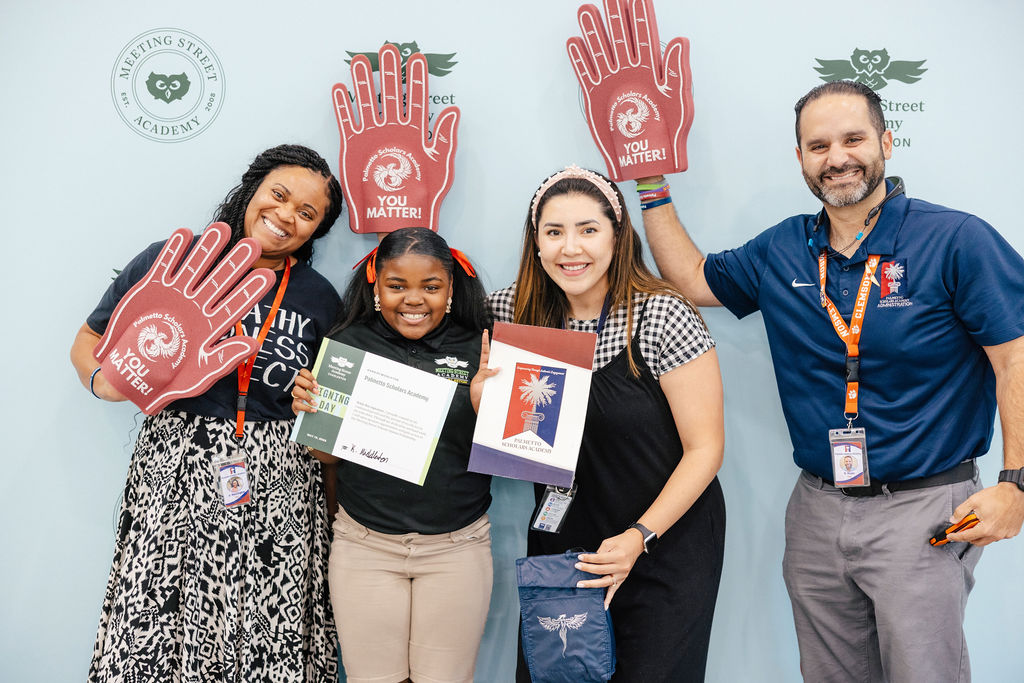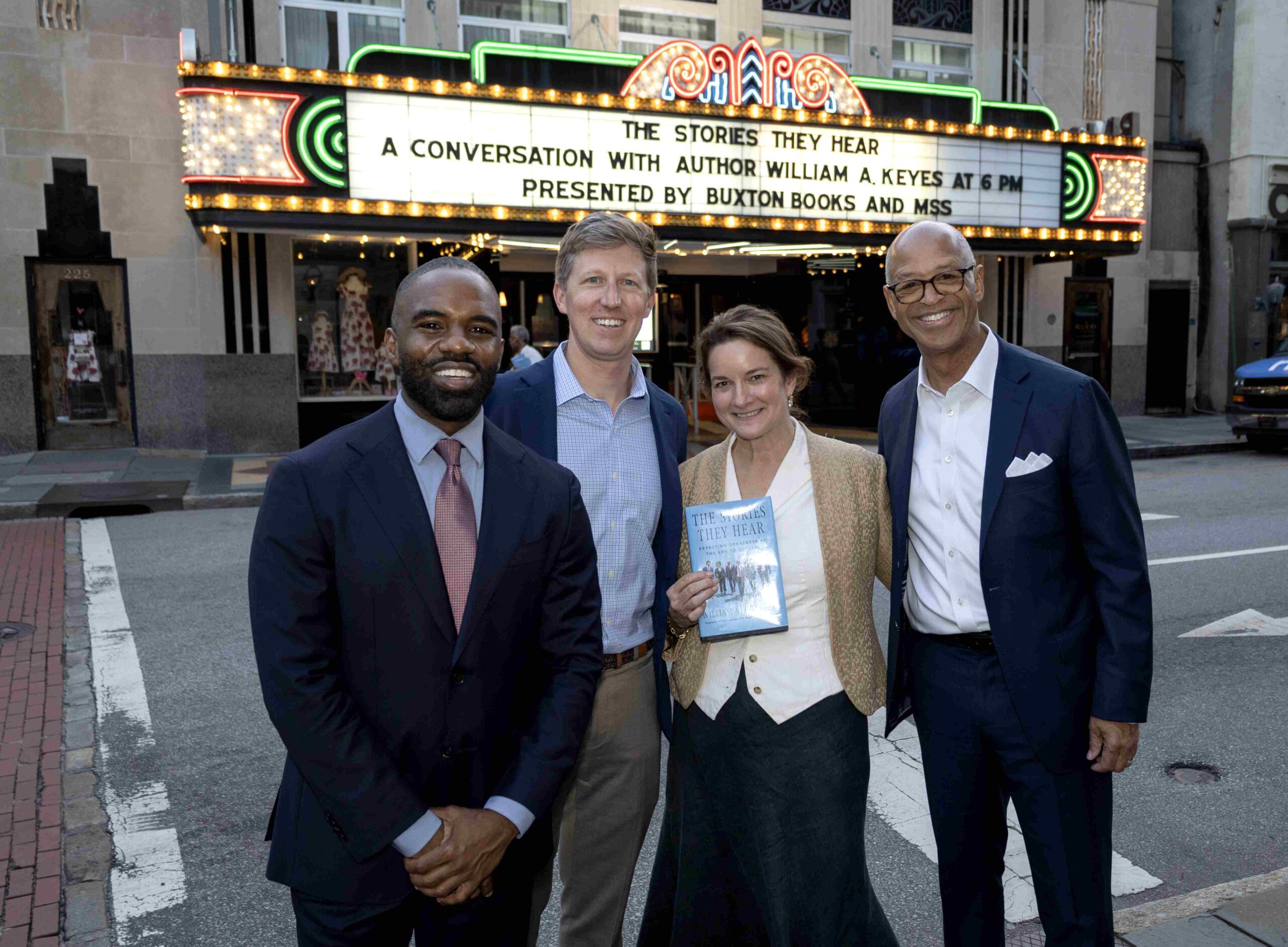By: Darrin Goss | Post and Courier
The South Carolina Legislature took a positive step toward equity in education this session with the passage of the schools of innovation bill, which gives school districts the option to create more than one public school of innovation within their districts. However, to unlock the transformative power of these types of schools — like what we’ve seen from Meeting Street Schools here in Charleston — local school districts should do more than what’s required by the new law to ensure they’re established in communities where other approaches haven’t worked, and to truly reflect the values and needs of the students they’ll serve.
Public schools of innovation provide school administrators and teachers more flexibility than they would have in traditional public schools to make decisions about personnel, training and curriculum to tailor the whole school experience to the unique needs, learning styles and challenges of their student bodies. They still have requirements imposed on them by the district — just as any other public school does. In exchange for greater autonomy, the schools must demonstrate how they improve students’ academic achievement.
While we believe the schools of innovation law is important and support it as written, we ask local school districts to enact the following practices to ensure the schools are set up to serve their core purpose, which is to bring a new, equity-centered approach to public education:
• Focus on the schools and communities that need them most. In this state, roughly a third of all students attend what federal law calls a “comprehensive support and improvement” or low-performing school — that is, a school where most students perform one or more years below grade level in reading or math. We believe school districts should allow only low-performing schools to become public schools of innovation, rather than further advantaging students who already demonstrate they are succeeding at traditional public schools.
• Engage the community and let it shape the future of the school. We believe that before a school is closed and restarted as a school of innovation, converted to a school of innovation or a new school of innovation is opened, mandatory and honest conversations with those who will be affected must take place, and they should shape the future of the school. As the saying goes, it takes a village to raise a child. That village includes countless teachers and administrators who wake up every day thinking about how best to serve their students. This law will allow them the opportunity to work with their students, parents and community members in shaping the most appropriate environment for their students’ unique learning styles.
• Determine who can run the school. Private, for-profit companies shouldn’t be running public schools. However, community-based nonprofits can and should be considered as trustworthy partners to operate public schools of innovation. They are public entities with boards of directors that are held to rigorous standards of accountability and are composed of members of the community. This approach has worked very well in Indiana and Louisiana. We drew inspiration from these states when developing our proposed policy model for South Carolina, which helped inform the new state law.
• Engage philanthropy. Philanthropy has long played a role in supporting public education. Scholarships, STEAM programs and early childhood education are supported by donations from community stakeholders, including through foundations. Public schools of innovation have a unique opportunity to leverage these dollars to expand programs, add second teachers in classrooms or extend school days. These are the innovations that those who are committed to improving education are eager to support financially, just as they have supported scholarships, after-school programs, youth sports and more for many years.
We advocated for this law because we believe it can unlock access to high-quality education for students who aren’t reaching their full potential in other settings. We will continue to educate stakeholders and education officials about what public schools of innovation are and how they can use them to advance equity. We look forward to helping unite people and bring together resources to make public schools of innovation as successful as they can be in South Carolina.
Darrin Goss Sr. is president and CEO of the Coastal Community Foundation, which works in nine counties along South Carolina’s coast.



